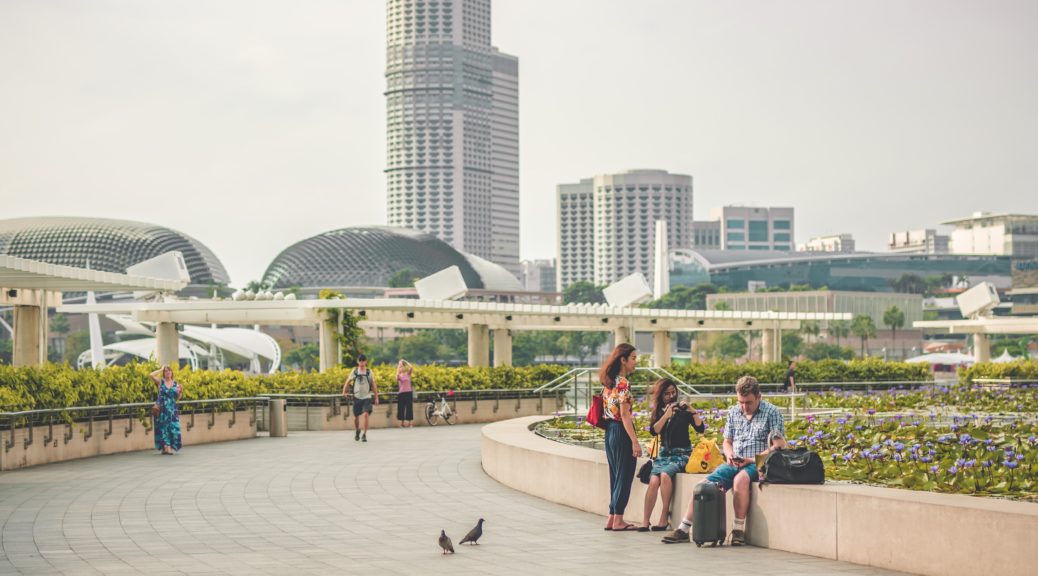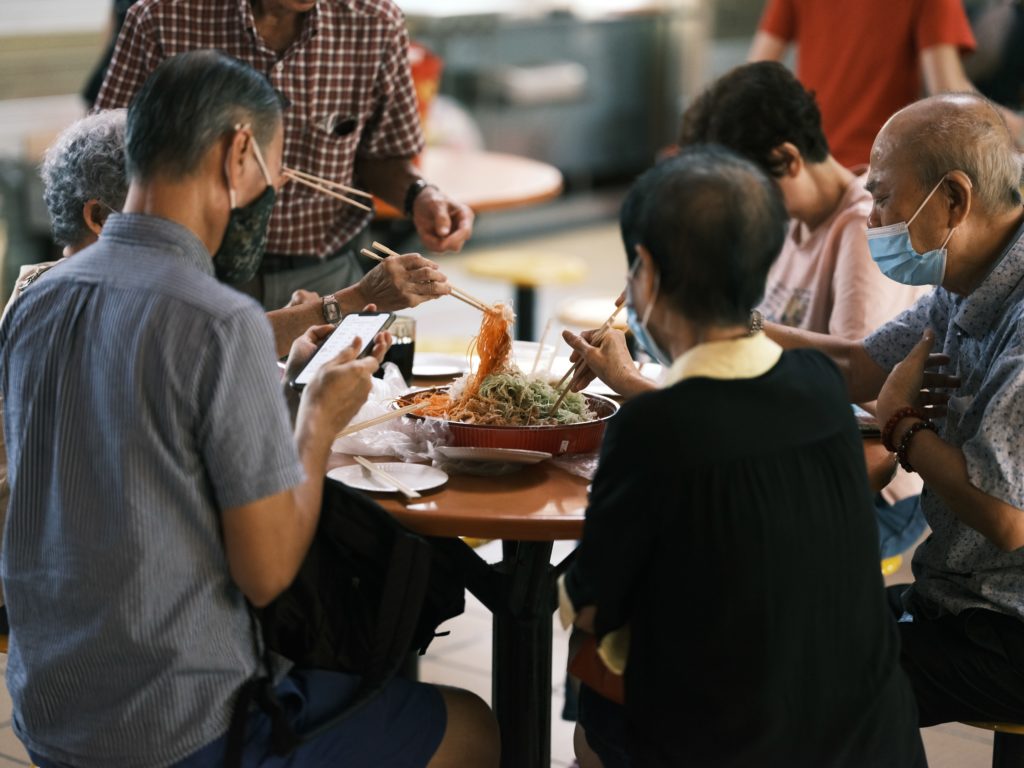By Yingyi Lin
I am a big fan of sitcoms. I have watched many popular American sitcoms that have gained mass international popularity: Friends, The Big Bang Theory, Brooklyn Nine-Nine, and Modern Family, just to name a few. Many times, these shows take place in American metropolitan cities such as New York City and Los Angeles, places which are interesting to international students like me. The hidden gem ranking the top of my favorite sitcom list, however, has to be Veep.
The HBO show Veep takes place in the capital city of America, Washington D.C. For many reasons, Veep is not as popular as other American shows in China, or in other countries where many international students come from. This mismatch of the popularity of the show with its quality is what makes me call it a hidden gem of American sitcoms. Veep has won many accolades for its quality: Julia Louis-Dreyfus, the actress of America’s first woman president Selina Meyer featured in Veep, has won six Primetime Emmy Awards in a row. Her award acceptance speech was among the best, and she was even honored the 2018 Mark Twain Prize for American Humor for it.

Before watching Veep, I did not realize that I indeed care so much about politics. As someone interested in learning about human nature, my favorite quote from Selina Meyer is “Politics is about people”. To me, caring about politics does not mean I care which party people stand for; instead, I am intrigued by why and how people make their choices. The interaction between Veep’s politicians, their followers, and their people is a vivid reality of humanity—one that is not only determined by one’s own personal desires but also deeply shaped by the context of one’s life. Veep is more than a political satire of the country’s many presidencies. To me, Veep is about American politics and the everyday life of people living in America.
The most interesting thing about Veep is that Meyer, like all other politicians in the show, never discloses which party she stands for. Having witnessed the extreme political divide of America myself, the ambiguous political standpoint among Veepers to me exposes the common (and unfortunate) goal of both parties to win more voters. Politicians strive for what they want, but it is unclear whether these desires align with the desires of the people.

As someone who studies family dynamics as part of my major, TV shows centering around family dynamics are my favorite, such as Downton Abbey, The Middle (the most underrated American family sitcom), and Modern Family. The family dynamics in Veep, however, are very dysfunctional. The characters of Veep relentlessly sacrifice their families for personal political achievement.
I have learned a lot from Veep, and a lot of what I have learned are things that I would not have consciously sought out. For instance, what happens if there is a tie in a presidential election? Veep hypothetically features this scenario, although a tie did happen (in the 1800 presidential election). Through Veep, I also came to know more about America’s lobbying culture and the polling industry—with the latter sharing similarities to my own research. Veep also has a rich glossary of newly created words, most of which are used by characters in the show to insult other characters. Many of the jokes compound words to create these insults. ‘Voldemeyer’ is such an example, a nickname of Meyer by the media. It is interesting for me to see these nicknames are formed by multiple words in English, and I have learned many different cultural references from this.
Continue reading A Hidden Gem of American Sitcoms






